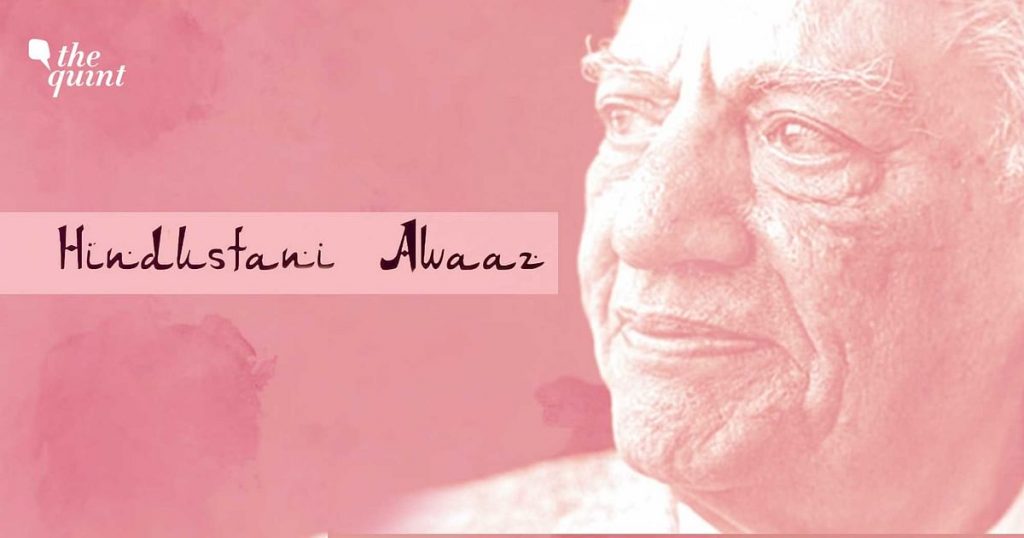The Poetry of Witness: How Faiz Expressed New, Urgent Concerns
Against this template, Faiz’s poetry rises aeons above the lament of a lover for his beloved; it becomes the agonised call of the conscience. The ghazal below, written in the spring of 1951 from a prison cell when the threat of a death sentence hung above him like the sword of Damocles, illustrates Faiz’s ability to use classical idiom to speak of new, urgent concerns, and in the process also write what Carolyn Forche has called the ‘poetry of witness’ — from behind the bars of a prison cell:
Yehi junun ka, yehi tauq-o-dar ka mausam
Yehi hai jabr, yehi ikhtiyar ka mausam
Qafas hai bas men tumhare, tumhare bas men nahin
Chaman men atish-e-gul ke nikhar ka mausam
Saba ki mast khirami tah-e-kamand nahii
Asr-e-dam nahin hai bahar ka mausam
Bala se, hum-ne na dekha to aur dekhehge
Furogh-e-gulshan-o saut-e-hazar ka mausim
This hour of chain and gibbet and of rejoicing
Hour of necessity and of choice
At your command the cage, but…
